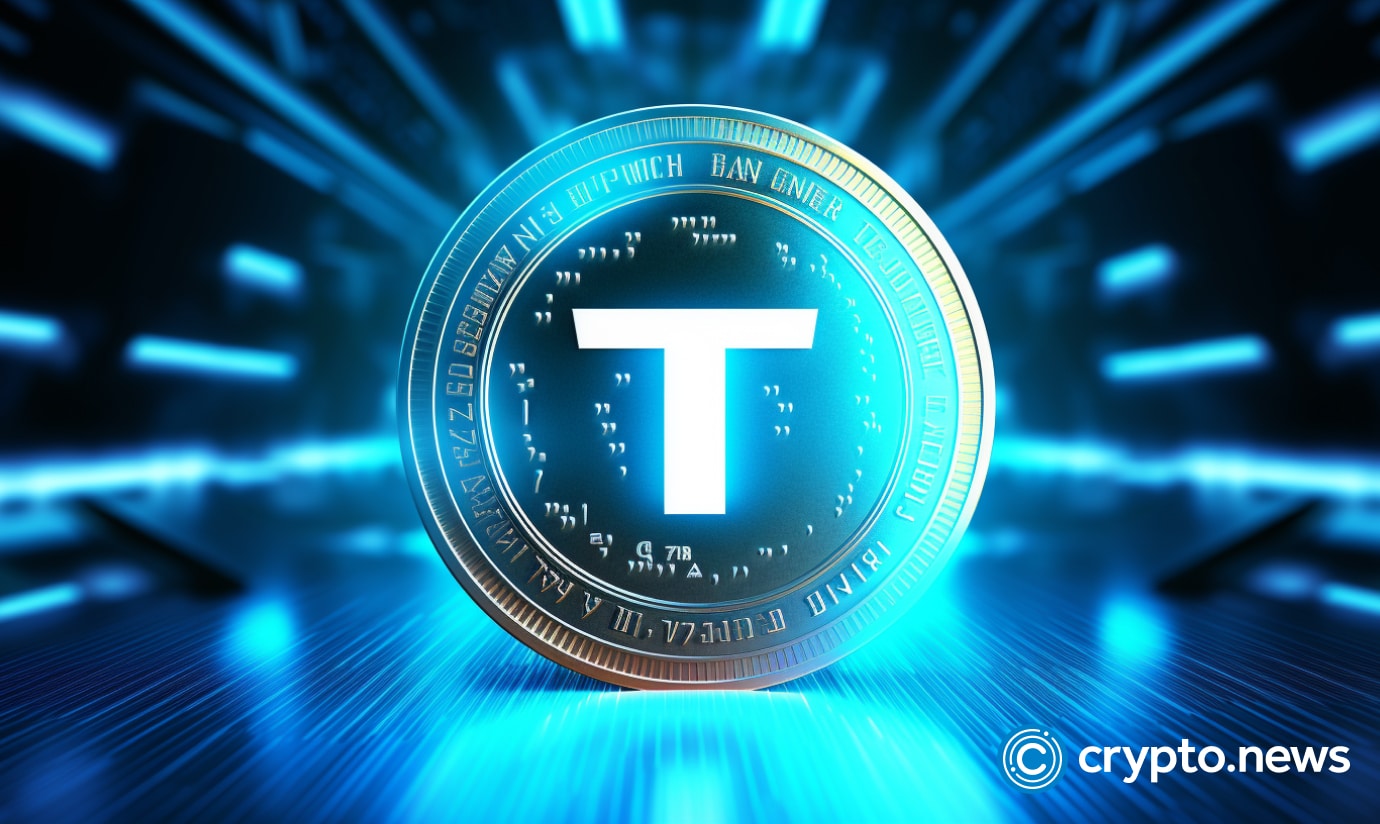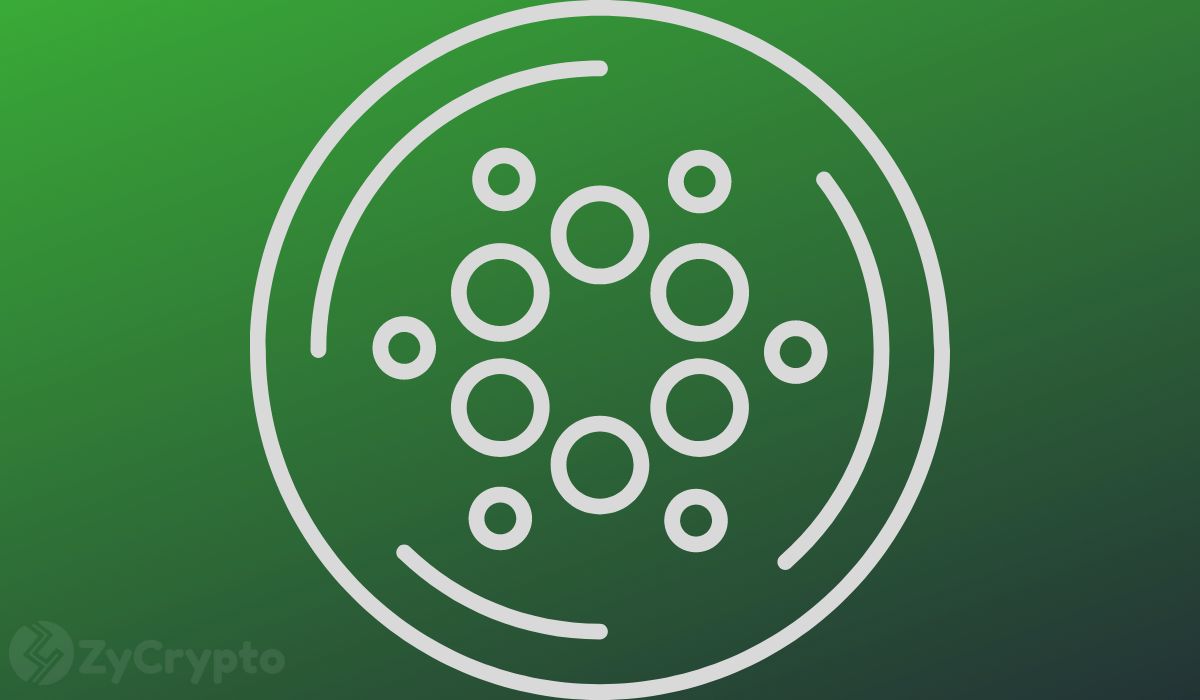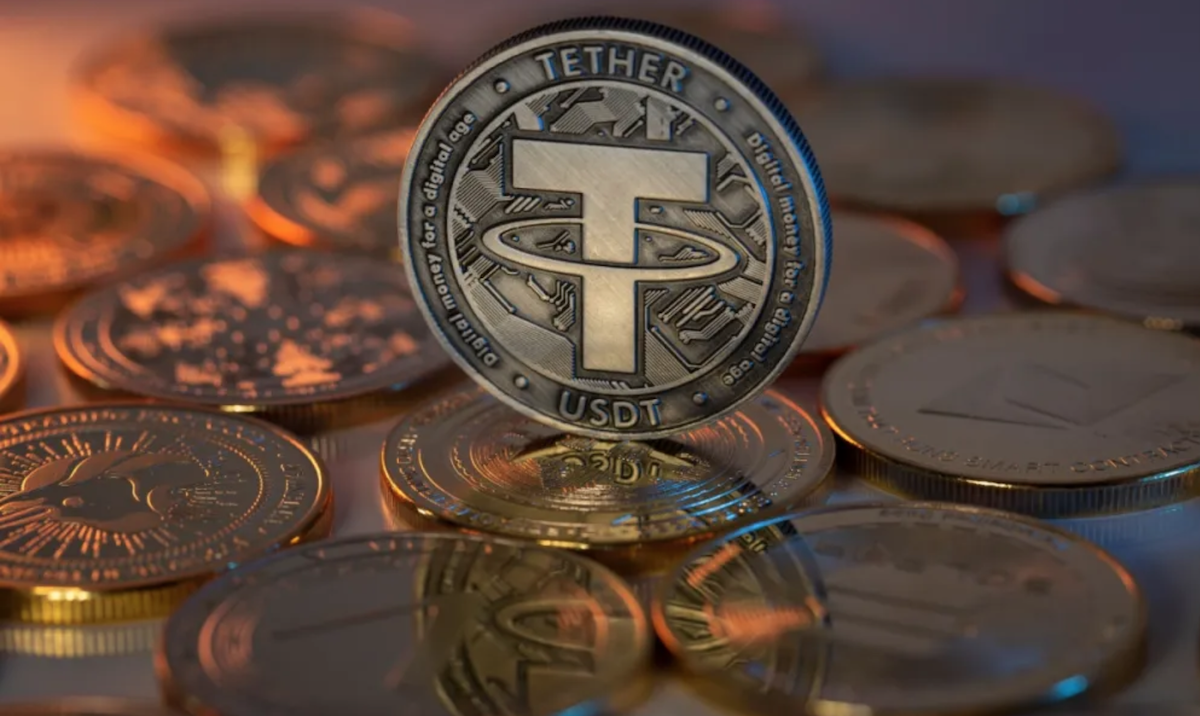Tether’s Entry into Bitcoin Mining: A New Chapter in Decentralization
In a recent announcement, Tether, the stablecoin issuer, revealed its plans to deploy hashrate on OCEAN, a decentralized Bitcoin mining platform. This move marks a significant shift for the crypto ecosystem giant, as it enters the highly competitive and decentralized world of Bitcoin mining.
What is OCEAN and How Does it Work?
OCEAN (Ocean Collective), a decentralized autonomous organization (DAO), is a mining collective that aims to provide Bitcoin miners with a more equitable and decentralized mining experience. It operates by pooling together the hashrate of individual miners, allowing them to mine Bitcoin more efficiently and effectively.
Why is Tether Entering Bitcoin Mining?
The motivation behind Tether’s entry into Bitcoin mining remains unclear. However, it is speculated that the company may be looking to secure its Bitcoin holdings, strengthen its position in the crypto ecosystem, or even explore new revenue streams. Regardless of the reason, this move is expected to have far-reaching implications for both the mining industry and the wider crypto community.
Impact on the Mining Industry
Tether’s entry into Bitcoin mining could lead to increased competition in the industry. As one of the largest players in the crypto ecosystem, Tether’s involvement could potentially disrupt the mining landscape and force other miners to adapt or risk being left behind.
Moreover, Tether’s significant financial resources could enable it to invest in advanced mining hardware and infrastructure, making it a formidable player in the industry. This could lead to increased efficiency and profitability for the company, potentially putting pressure on other miners to keep up.
Impact on the Wider Crypto Community
The decentralization of Bitcoin mining is a core tenet of the cryptocurrency’s design. Tether’s entry into the space could potentially threaten this principle, as it introduces a centralized player into an otherwise decentralized ecosystem. However, some argue that Tether’s involvement could actually contribute to the decentralization of mining by making it more accessible to individual miners through OCEAN’s mining collective.
Additionally, Tether’s entry into Bitcoin mining could help to stabilize Bitcoin’s price volatility. As a large holder of Bitcoin, Tether’s involvement in mining could help to mitigate the impact of mining rewards on the market, potentially reducing price swings.
Conclusion
Tether’s entry into Bitcoin mining marks a new chapter in the decentralization of the crypto ecosystem. While the implications of this move are still uncertain, it is clear that Tether’s involvement could have far-reaching effects on the mining industry and the wider crypto community. Only time will tell how this development unfolds, but one thing is certain – the crypto landscape is set for an interesting ride.
- Tether, a crypto ecosystem giant, plans to deploy hashrate on OCEAN, a decentralized Bitcoin mining platform
- OCEAN is a mining collective that aims to provide miners with a more equitable and decentralized mining experience
- Tether’s motivation for entering Bitcoin mining remains unclear, but it could be looking to secure its Bitcoin holdings, strengthen its position in the crypto ecosystem, or explore new revenue streams
- Tether’s entry into Bitcoin mining could lead to increased competition in the industry and potentially disrupt the mining landscape
- Tether’s significant financial resources could enable it to invest in advanced mining hardware and infrastructure, making it a formidable player in the industry
- Tether’s involvement in Bitcoin mining could help to stabilize Bitcoin’s price volatility
- The implications of Tether’s entry into Bitcoin mining are still uncertain, but it could contribute to the decentralization of mining by making it more accessible to individual miners





